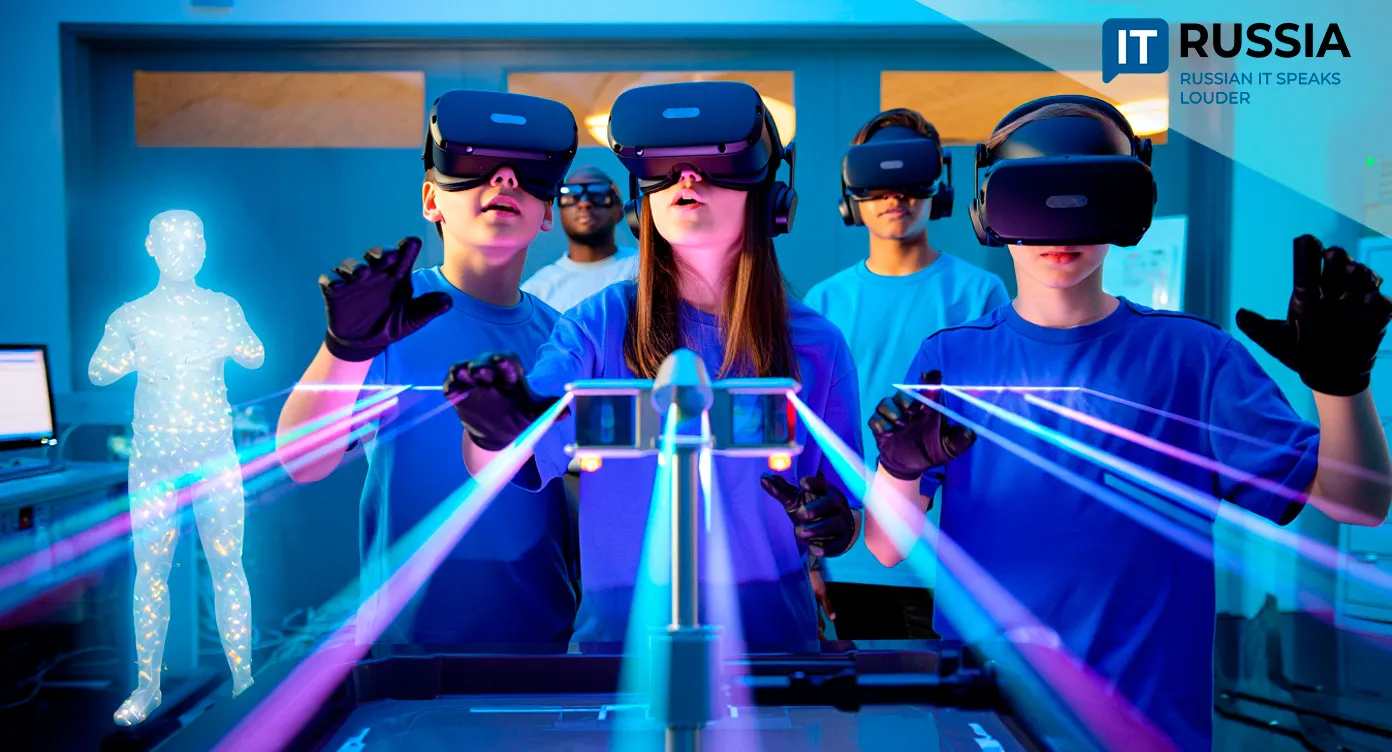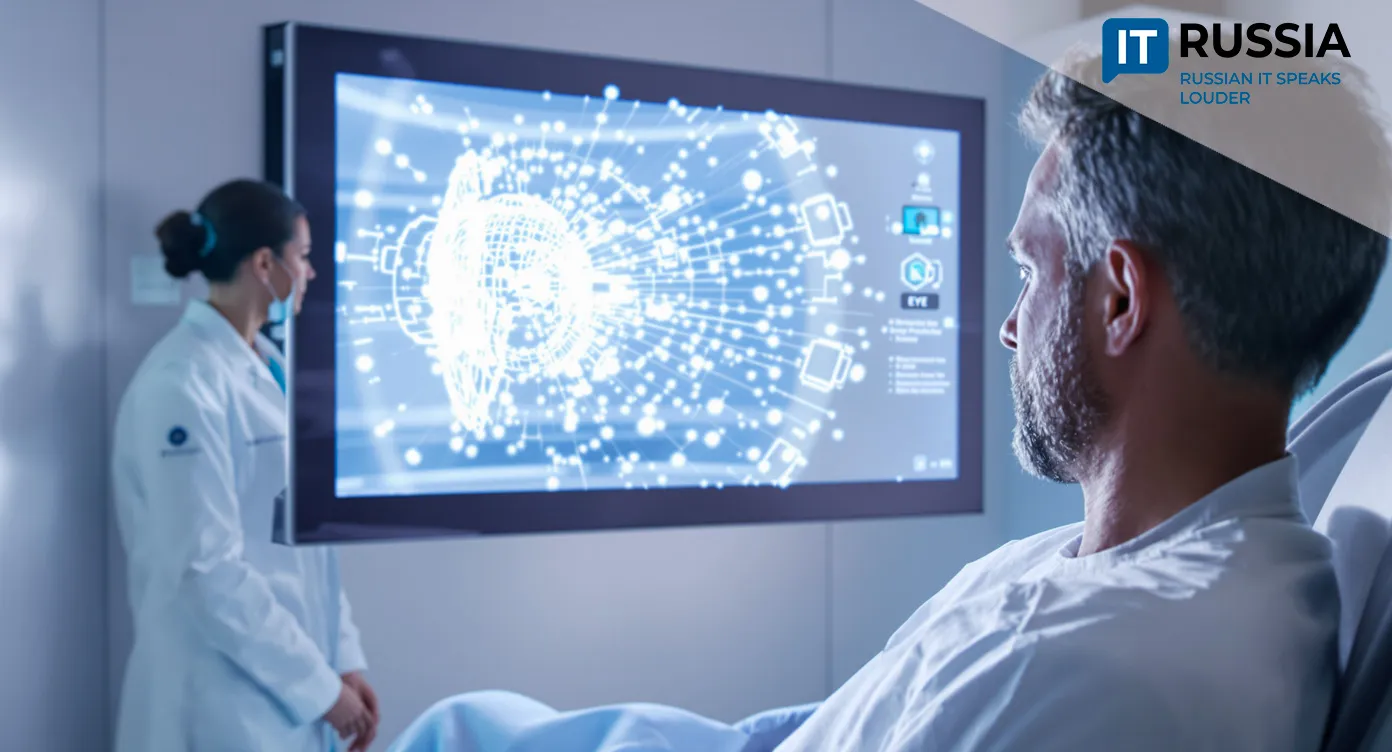A Lifesaving Innovation: Russian AI Scanner Detects Melanoma with 97% Accuracy
Russian scientists have unveiled a groundbreaking AI-powered medical device capable of detecting skin cancer with unprecedented 97% accuracy. This innovation could redefine early cancer diagnostics across Russia and beyond.
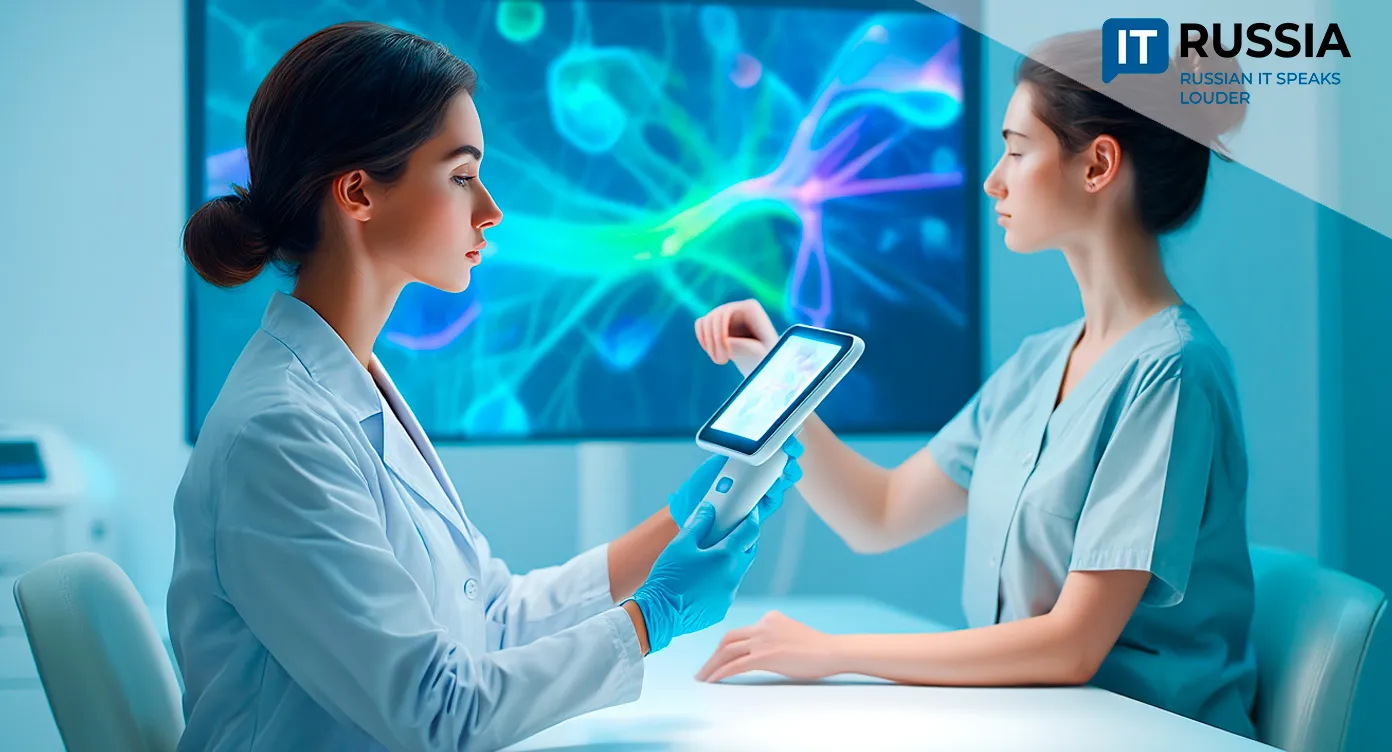
From Concept to Clinical Results
At the National Research Nuclear University MEPhI, researchers have developed an AI-based diagnostic complex for early detection of skin lesions. Unlike many international solutions, this is a homegrown Russian innovation built entirely from scratch, designed specifically for the realities of the country’s healthcare system. The team of scientists and engineers addressed one of medicine’s most pressing challenges — ensuring rapid, high-quality screening despite the shortage of specialized dermatologists, especially in remote areas.
The idea originated with graduate student Alexander Otchenashchenko under the supervision of Professor Valentin Nikitaev, who proposed focusing on artificial intelligence in oncological dermatology. After more than five years of research and algorithmic training using anonymized image datasets, the system achieved remarkable precision. Its current sensitivity rate — 97% — means it misses fewer than 3% of malignant cases.
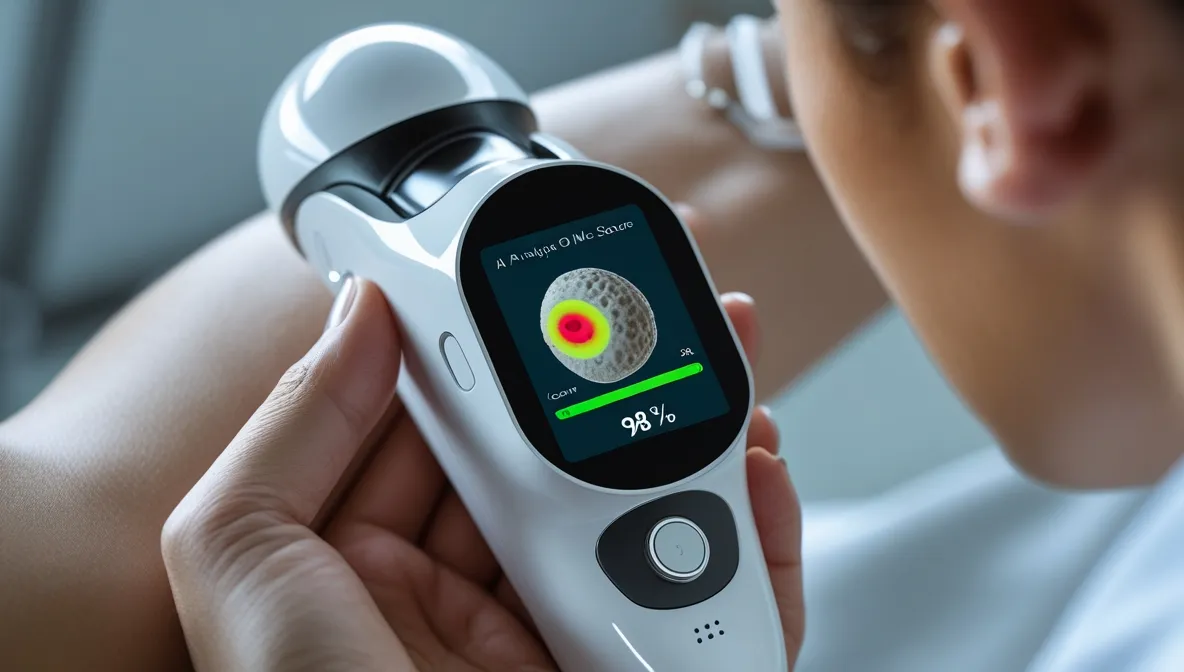
The prototype is now undergoing pilot testing in partner clinics, where physicians provide feedback to refine the interface and optimize its usability in real-world conditions.
Empowering, Not Replacing Physicians
The system addresses several challenges simultaneously. First, AI provides objective and reproducible analysis, detecting patterns invisible to the human eye. For physicians — particularly those with limited experience — it becomes an invaluable assistant, minimizing human error and subjective interpretation. Second, the system delivers results within seconds, allowing doctors to assess more patients and boost clinical throughput.
It is important to emphasize that the neural network does not replace medical professionals. Final diagnosis and treatment decisions remain with the physician. Instead, the MEPhI technology acts as a highly accurate diagnostic instrument — much like a CT scanner in radiology — but specifically tailored for dermatology. This capability can significantly mitigate staffing shortages, enabling deployment in small clinics and rural health centers that lack dermatologists. The AI system can perform high-quality preliminary screenings and refer high-risk patients to oncology centers in time for early intervention.
Russian MedTech in Context
MEPhI’s innovation reflects a broader trend in Russian MedTech. The country’s IT and research sectors are showing growing expertise in developing advanced medical technologies, including the portable digital dermatoscope, the ‘NevusScan’ diagnostic system, and student-led projects like ScanDerm — a startup that recently won a national LifeScience competition.
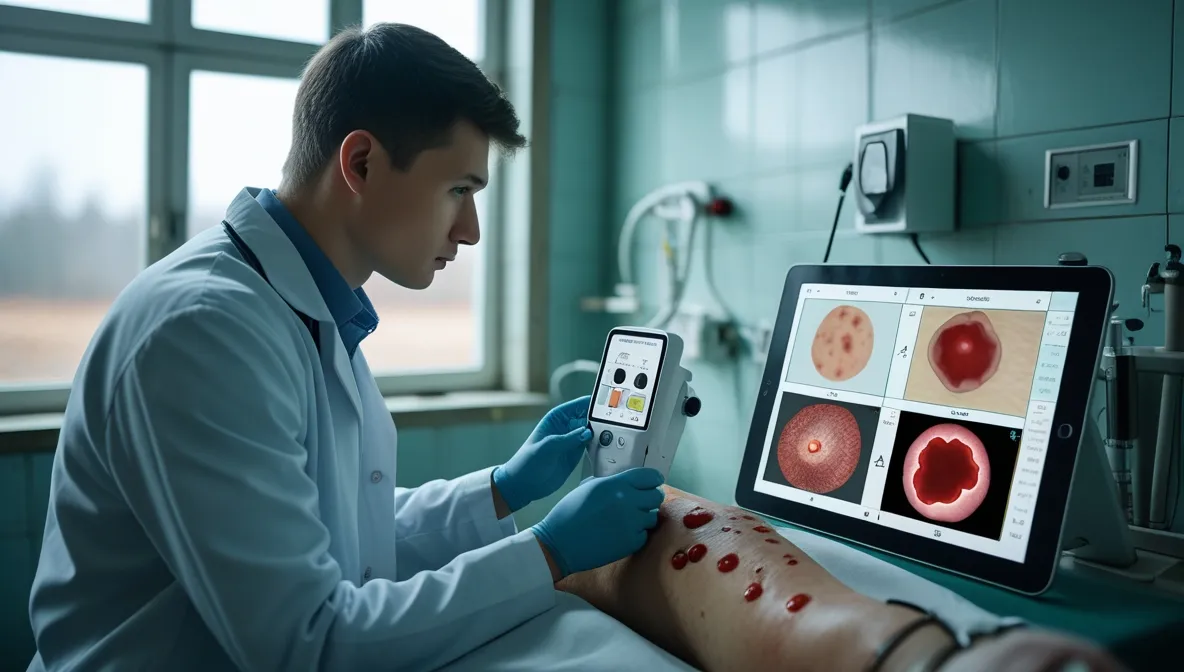
These developments are gradually building a self-sufficient ecosystem of domestic medical technology and AI-driven diagnostics, reducing dependence on imported solutions.
For patients, this means faster diagnosis, earlier treatment, and improved survival rates — particularly for those living in remote regions. For Russia, it represents technological sovereignty, industrial diversification, and significant progress in public health accessibility. For the MedTech and IT sectors, it signals strong market potential for AI-assisted diagnostic tools, likely attracting further investment and cross-sector collaboration. Once clinical validation and regulatory approval from Roszdravnadzor are complete, the system could be adapted for export — particularly to countries facing similar challenges in specialist availability and healthcare access.
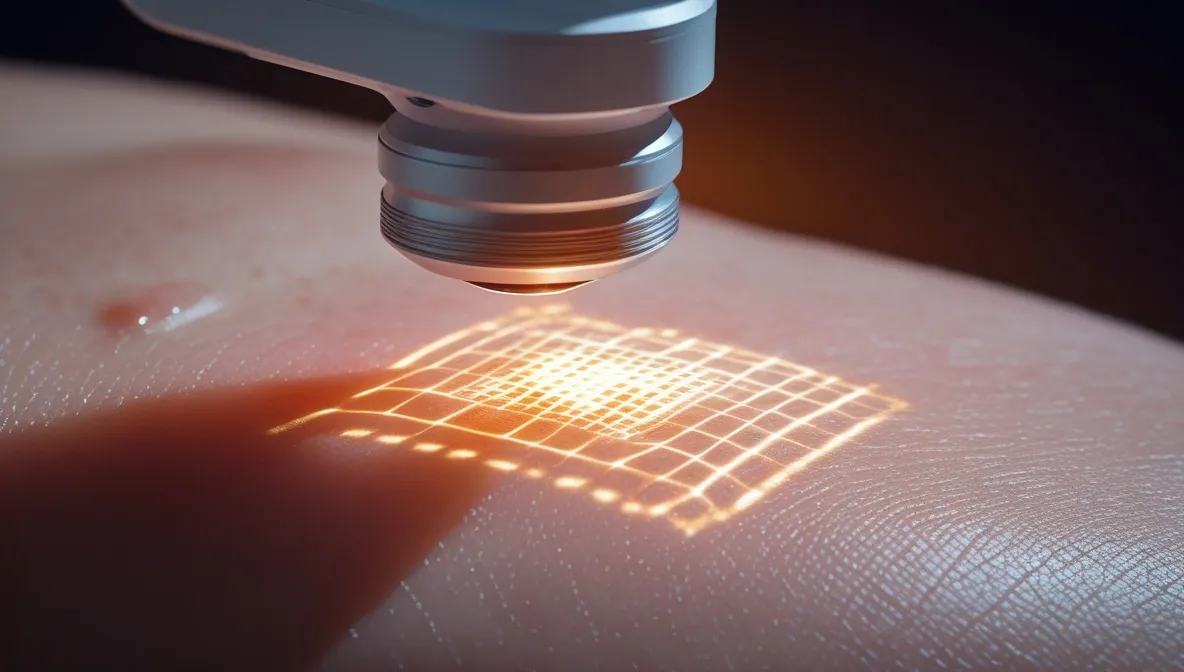
Pathway to Adoption
The road from prototype to mass deployment involves several key steps. The development team must first secure certification from Russia’s Federal Service for Healthcare Supervision (Roszdravnadzor) — a rigorous but essential step toward market readiness. Next come integration with electronic medical record systems, localization of hardware production, and scaling of manufacturing. Equally important will be physician training and cultural acceptance of AI as a trusted diagnostic assistant.
The MEPhI project exemplifies how Russian science and technology are moving beyond contract research toward creating proprietary solutions with global relevance. This is more than a university project — it’s a prototype for the future of AI-driven medical innovation, where academic institutions become incubators for life-saving technologies. If successful, this model could inspire similar initiatives in cardiology, ophthalmology, and neurology, demonstrating that Russia’s scientists and engineers are capable of transforming global healthcare.








